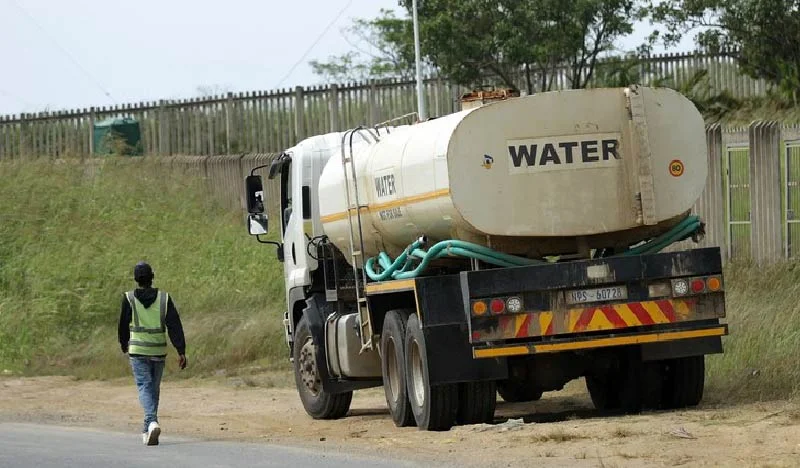By Levy Masiteng
The Special Investigating Unit (SIU) has expanded an investigation into alleged corruption in the government’s “War on Leaks” programme, extending the scope to cover Lepelle Northern Water, it was announced this week.
Proclamation 287 of 2025 authorises the SIU to broaden its probe into the “Drop the Block” project, part of the water-saving initiative. The inquiry had previously focused only on the Department of Water and Sanitation (DWS) and Sedibeng Water.
The amended proclamation allows the SIU to examine Lepelle Northern Water, Sedibeng Water and any suppliers or service providers appointed by them. It also extends the timeframe of the investigation to cover activities between January 2015 and September 2025.
The “War on Leaks” programme was launched in 2015 under then president Jacob Zuma, and implemented under then water minister, Nomvula Mokonyane, with the goal of training 15,000 unemployed youth as artisans, plumbers and water agents, over five years, to curb water losses.
While the programme was intended to strengthen water management, it faced persistent criticism in parliament and from civil society. Lawmakers questioned whether billions of rand allocated to the scheme achieved its objectives, and noted that many trainees were not absorbed into jobs by municipalities.
In 2019, the then Portfolio Committee on Water and Sanitation, said of the project: “The committee has always raised concern about the effectiveness of the programme, which has to date cost the taxpayer more than R2.6 billion without tangible impact on non-revenue water that is being lost in the value chain.”
When it appeared before the Standing Committee on Public Accounts (SCOPA) in June this year to update the committee on its investigations into DWS, the SIU said the budget was originally set at R2.2 billion, but ballooned to more than R4.7 billion.
More than R1.7 billion was paid to Rand Water, including about R40 million in contingency fees that the SIU says were not adequately explained. It also found that some payments were made for work that was never done.
“The SIU will continue to investigate any unauthorised, irregular, fruitless or wasteful expenditure incurred by the department or the state,” the agency said in a statement.
The SIU has powers to refer evidence of criminal conduct to the National Prosecuting Authority and to institute civil action in the High Court or a Special Tribunal to recover state funds lost to corruption.
In addition to investigating fraud and maladministration, the unit said it would identify systemic weaknesses that enabled mismanagement and recommend measures to prevent future losses.
The Ramaphosa administration has said it wants to restore accountability in the water sector, where mismanagement and corruption has compounded a national crisis of leaking infrastructure and daily shortages around the country.
INSIDE METROS

